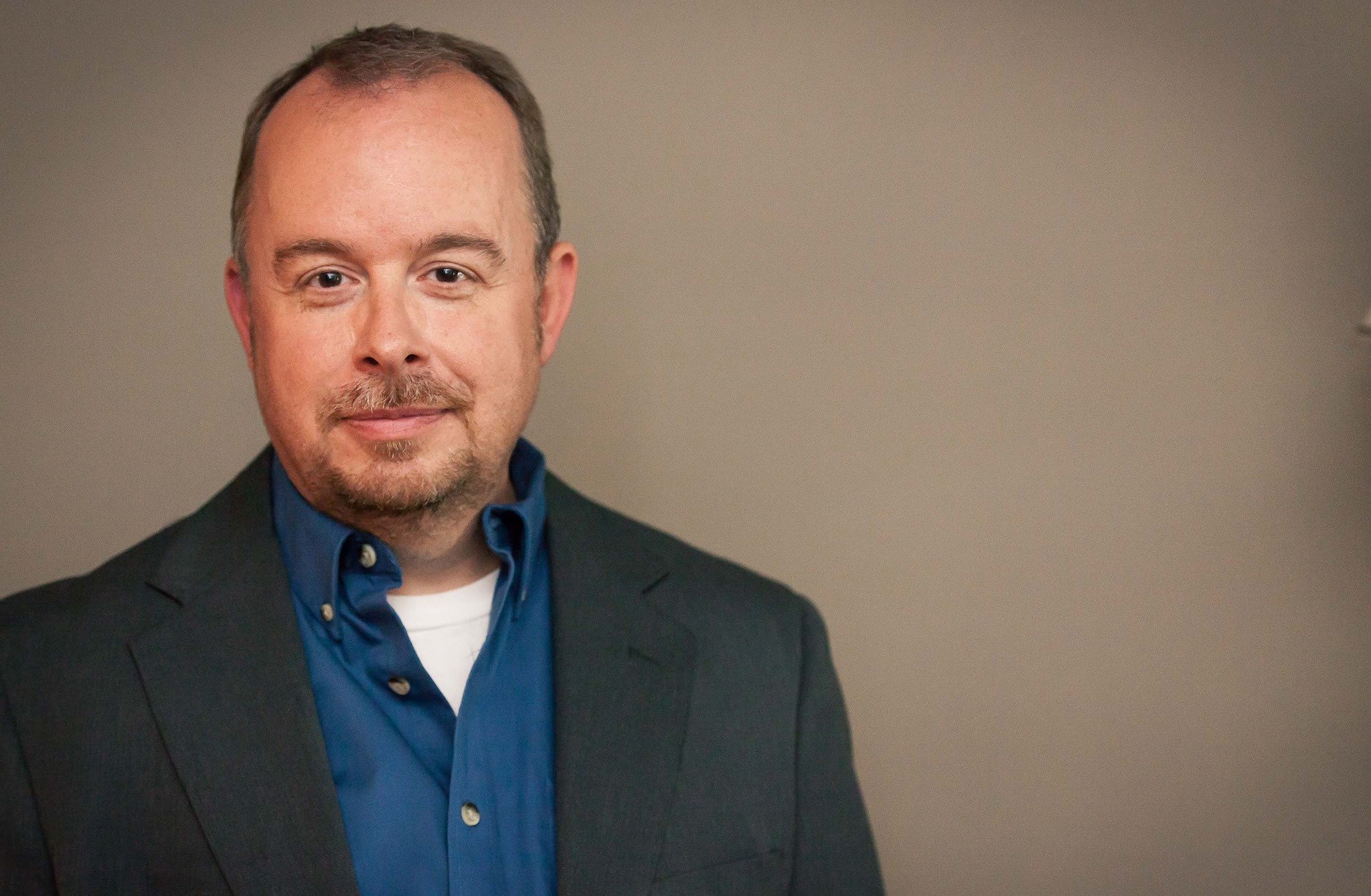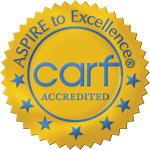
I hope that some will find value in this series of blog posts. If you are like me, you want to know a little bit about the author. Who are they? What experience do they bring to the table? Why should they be believed? In short, you want to know all of those things that make for a very boring post. I get that but know that this is likely the only time that I will toot my proverbial horn.
I am a physician with 25 years experience in Family Medicine and nearly that amount in Addiction Medicine. I graduated from the University of Kentucky (Microbiology) and the University of Kentucky College of Medicine (1989). I completed my Family Medicine residency at the Medical University of South Carolina in Charleston. It was in Charleston that I was introduced to the field of behavioral health.
Unlike many in the field, I do not have a history of substance abuse and I do not have a family history of substance abuse. I represent the new breed of Addiction Medicine physicians who have chosen to tackle this very tough specialty. In some ways this is a disadvantage as I have no personal stories to call upon and no miracle transformations to claim. On the other hand, freedom from my own recovery story allows me to honestly embrace the full menu of treatment choices. This is neither good nor bad. It is simply a fact that you might want to know.
So, why did I choose Addiction Medicine? Like you, I have been influenced by a few key people in my career. I was introduced to Family Medicine by Dr. Jerry Jones. Dr. Jones taught me that patients are more than the sum of their diseases. They are, in fact, a complex combination of nature, nurture and chance events. This was also my first introduction to the psychology of human communication. We communicate in many ways – verbally through the words that we say and the words that we do not say as well as non-verbal body language. Everything has meaning and a physician’s best tool is learning to actively listen and observe.
This theme was continued in my residency program under the guidance of Dr. Clive Brock. Dr. Brock introduced us to the work of Michael Balint and what came to be known as “Balint Groups.” (See this description: https://journalofethics.ama-assn.org/article/investing-each-other-balint-groups-and-patient-doctor-relationship/2012-07) In Balint groups we explored the hidden messages and meanings that can be found within the doctor – patient encounter. In layman’s terms, we learned to read ourselves and our patients. In doing so, we learned to identify the real agenda of the patient – ie why were they really in my exam suite?
While this training sounds profound and intentional, the reality is that I entered private practice with no intention of doing addiction medicine. Indeed, in 1992 there was not even a specialty to follow. As fate would have it, I found myself “moonlighting” in a local psychiatric hospital where I was tasked with providing medical services to patients with addictions (mostly alcoholics). Here, I found that my training in behavioral health had blossomed without my intent. Not only did I have a pretty good b***sh** detector but I was also pretty good at reading my patients. I found that patients benefited from someone who could reflect back to them their innermost concerns and struggles. Rapport was built through active listening.
Most physicians study medicine because they genuinely want to help people. Too often, science and technology distract us from this first calling. I like addiction medicine because it is the quintessential practice of family medicine. We treat not only physical disease but also the family, emotional and psychological consequences that are caused by the disease. There is no better feeling than helping an addict rediscover themselves. No one ever said “I want to be an addict when I grow up.” Within every addict is a son, daughter, mother, father, spouse that has the same hopes and dreams for their life as I do for mine. I have the profound honor to help lead them out of the darkness.
A final note about political correctness. I hate it. There is a move within the addiction industry to destigmatize our language. Instead of “addict” we are supposed to say “person suffering from a substance use disorder.” That sounds nice, but really? The people I treat either already know they are an addict or they need to learn to accept it. The term is not meant to be a label. It is simply a fact. Rather than seeing the disease sitting in front of me, I choose to see the little boy or girl lost within the disease. Addiction is an ugly disease that can and often does kill the patient. Trying to make it sound prettier than it is does no one any good.
I have found that people suffering from a substance use disorder actually prefer straight talk. This blog will contain a lot of straight talk. If it offends you, well, so be it. Just stop reading.
Next up (my first real blog): The Dangers of Believing in the Opioid Crisis
About the Author
Dr. Tom Ingram is the founder and CEO of Stepworks Recovery Centers. He is board certified in Family and Addiction Medicine and a member of the American Society of Addiction Medicine and American Board of Addiction Medicine.

